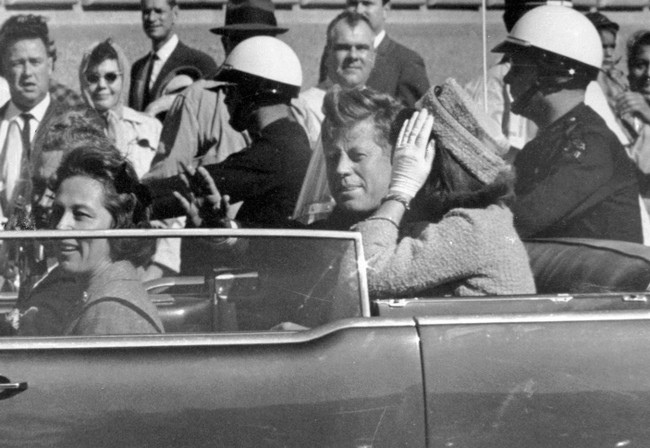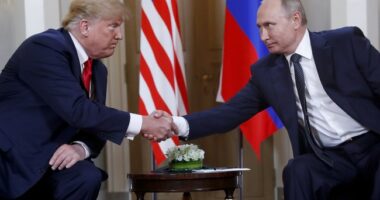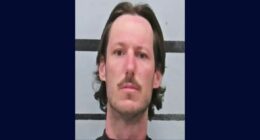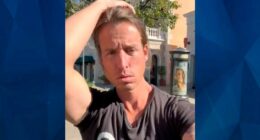
Sixty-one years ago today, President John F. Kennedy was assassinated in Dallas. The blue-ribbon commission created by President Lyndon Johnson to investigate the crime determined that a pathetic loner and addled Communist Lee Harvey Oswald fired three shots at the president’s motorcade. Two of the bullets struck JFK killing him instantly.
Most Americans don’t believe the “official” version. There are literally dozens of alternate theories, some of them plausible, some of them ridiculous, that try to make sense out of a senseless act.
Kennedy assassination buffs, of which I am one, can rattle off the major theories of the crime. But the fact remains that the Warren Commission, and all the theories about the CIA, the Mafia, the CIA and the Mafia, the Russians, the Cubans and the gays, fail the ordinary test of evidence. All the evidence is circumstantial.
The legacy of the assassination is a basic distrust in the government and American institutions in general that didn’t exist prior to the assassination which came to the fore in the aftermath of the event. The assassination of JFK has been eating away at America’s core beliefs for 61 years now and the nation has never come to grips with it.
Donald Trump promised during his campaign for president that if elected, he would declassify all remaining government records on the assassination and release them.
Dallas Morning News:
At this point, only a few thousand of the millions of governmental records related to the assassination have yet to be fully released, and those who have studied the records released so far say that even if the remaining files are declassified, the public shouldn’t anticipate any earth-shattering revelations.
“Anybody waiting for a smoking gun that’s going to turn this case upside down will be sorely disappointed,” said Gerald Posner, author of Case Closed, which concludes that assassin Lee Harvey Oswald acted alone.
For decades, debate has raged not only over whether Oswald acted alone but also whether the FBI and CIA could have stopped him.
That last observation is one of history’s great “What Ifs.” But it does little good to speculate about what might have happened. Counterfactuals are fun but useless for understanding history.
This hasn’t stopped the left from bemoaning Kennedy’s death as a lost opportunity for everything from peace in Vietnam to the early passage of the Civil Rights Act.
John Kennedy was the coldest of cold warriors. There were 900 U.S. troops in South Vietnam on January 20, 1961. On November 22, 1963, there were 16,300 U.S. personnel in Nam. One piece of evidence claims Kennedy wanted out of the war. National Security Action Memorandum 263 approved recommendations by the Joint Chiefs and Defense Department that U.S. troops could be withdrawn sometime in 1963 because the war was going so well.
That was a pipe dream as Johnson realized early in his presidency. But that hasn’t stopped the left from pointing to that memo claiming that Kennedy was killed because he wanted to get out of Vietnam.
There’s also the belief on the left that if Kennedy had lived, the Civil Rights Act would have been strengthened and gotten through Congress more quickly. The Act was passed in 1964 because Johnson evoked the memory of the “martyred” president to shame both parties into passing it.
In fact, Kennedy saw the Civil Rights Act as necessary but as a political disaster. He was dragged into the civil rights fray, seeing it as a political loser in the South, and with few northern Republicans who would stick their necks out to support it, a drag on his reelection campaign. Ideally, he wanted to put the issue off until after the 1964 election.
The idealized Kennedy on the left is far different from the brilliant, sickly, womanizing, coldly calculating president who almost blew the world to hell during the Cuban missile crisis and challenged the nation to go to the Moon before the decade was out.
All of that plays into the assassination’s legacy. The myth of John Kennedy is that the world and the U.S. would have been far better places if he had lived. In fact, nothing much would have changed if he had lived.
The myth lives on. “When the legend becomes fact, print the legend,” says the old newspaper editor in “The Man Who Shot Liberty Valance.” The assassination made that a lot easier to accomplish.






